What Does Organic Mean?
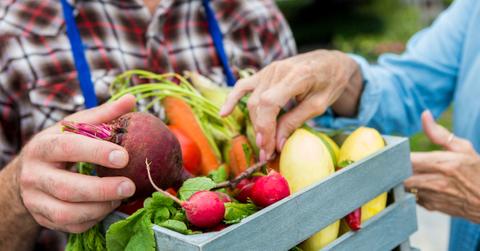
What does organic mean?
Organic most commonly refers to an organism (usually a plant, crop, food, or fabric) that is produced without any chemical or synthetic fertilizers or pesticides (including herbicides, insecticides, and fungicides). Non-organic food, which is a crop or animal product grown using pesticides, antibiotics, or artificial growth hormones is referred to as “conventional.”
The term organic (or organic matter) can also refer to any living thing that is derived from nature, including plants, soil, humans, and animals. For instance, when speaking about composting, it’s common to describe compostable materials as organic matter.
How are pests managed on organic farms?
So without pesticides to keep insects, animals, weeds, diseases and funguses at bay, organic farmers have to employ other techniques. As explained by farm management company Agrivi, popular methods include: cultural practices, such as crop rotation or crop isolation; mechanical and physical control, such as mowing, cutting, tilling and soil coverage; biological control, which involves introducing predators or biological agents that will naturally destroy the pests; and chemical control, which is the use of “naturally occurring substances” that work as natural pesticides, such as pyrethrin and rotenone, as well as select synthetic substances, such as hydrogen peroxide and lime sulfur.
Does organic mean no pesticides?
On a basic level, yes, organic food is produced without the use of synthetic pesticides. However, as The Washington Post explains, even food with the USDA’s 100 percent organic label can carry trace amounts of pesticides, due to things like runoff from neighboring conventional farms or nearby invasive GMO crops. In fact, for a product to have the USDA organic label, it only needs to include 95 percent organic ingredients.
Basically, if you’re trying to avoid pesticides, organic products are the way to go. Just know that it’s hard for food — namely packaged foods with multiple ingredients — to be 100 percent free of synthetic substances and chemicals.
Is organic better for the environment?
Pesticides from conventional farming have a number of negative effects on the environment, according to a study published in the journal NCBI in 2009. Due to rain, wind, and other elements, pesticides can pollute soil, water (both groundwater and surface water), nearby vegetation, and the air. Pesticides can also inadvertently kill non-invasive animals, insects, and plants who live in the surrounding area. The study also found that pesticides can kill beneficial microorganisms like bacteria and fungi that live in the soil, which in turn causes soil degradation.
That said, organic produce is not always better for the environment, as there are many other factors to consider. For example, organic food grown overseas and shipped internationally to get to your grocery store might have a higher environmental footprint than conventional produce that was grown domestically.
Is organic food healthier?
The NCBI study also found that pesticides can be harmful to humans. All humans are exposed to pesticides when we eat conventional crops (or foods made with conventional crops), but at fairly low rates. The exposure rate is much higher in people who work with pesticides, whether it’s in the field or in the lab.
In fact, tens of thousands of have been lodged against Monsanto and its parent company Bayer, with the plaintiffs alleging that using Monsanto’s pesticide Roundup (the corporation’s brand name for glyphosate) caused their cancer. Monsanto has already been ordered to pay tens of millions of dollars to a few plaintiffs.
Does organic mean non-GMO?
A GMO, or genetically modified organism, is a plant or animal whose genes were modified in a lab so that the organism exhibits a new trait. One of the most common reasons scientists create GMOs is to make them resistant to pesticides, so that heavy amounts of pesticides can be sprayed without killing the crop itself. Glyphosate, known commercially as Roundup, is one of the most widely used pesticides on GMO crops.
Because of that, a GMO crop cannot be organic. According to the USDA, any food that is certified organic is almost always non-GMO. So if a food label says organic, you can rest assured that it is not genetically modified.
Is organic really better?
A 2013 study published on NCBI found that: "There is a huge body of evidence on the relation between exposure to pesticides and elevated rate of chronic diseases such as different types of cancers, diabetes, neurodegenerative disorders like Parkinson, Alzheimer, and amyotrophic lateral sclerosis (ALS), birth defects, and reproductive disorders."
For that reason, some consumers choose to eat organic food when possible. To help make that more affordable and practical, the Environmental Working Group (EWG) recommends following its Shopper's Guide to Pesticides in Produce, better known as the Dirty Dozen and Clean 15.
What are the Dirty Dozen and Clean 15?
Every year, the EWG comes out with a revised Dirty Dozen and Clean 15. The Dirty Dozen is a list of the 12 fruits and vegetables that the EWG has found to have the highest concentration of pesticides even after being washed, and therefore the group recommends buying these organic. Topping off 2019’s list was strawberries, spinach, and kale.
The Clean 15 is a list of 15 fruits and veggies that the EWG found to have the lowest amount of pesticides, and the group recommends buying these conventionally. 2019’s “cleanest” produce items were avocados, sweet corn, and pineapples.
That said, never let not having access to organic produce stop you from eating fruit and vegetables. Conventional spinach is better for you than no spinach at all.
Why is organic food more expensive?
Organic food is more expensive for a number of reasons, as explained by The Balance Small Business. Manual methods of protecting crops often take more time — and therefore cost more money — than using synthetic pesticides. Additionally, being labeled organic requires more than simply not using pesticides — if a farm wants to be certified, they will need to pay for the certification, as well as pay for a number of other things.
Another issue is supply and demand. According to Capital Press, organic food was only responsible for 5.5 percent ($45.2 billion) of the food industry’s total sales ($822.2 billion) in 2017. As the demand for organic food grows, the prices could go down.
Are organic milk, eggs, and meat better?
Organic animal products mean the animals being used were raised on certified organic land, fed organic feed, and not given any antibiotics or growth hormones.
If you’re wondering if organic meat, dairy, and eggs are better for animals, know that “organic” animals in the agriculture industry are treated just the same as “conventional” livestock. Unfortunately, “organic” doesn't mean much to animals who are forced to live in factory farms, and they suffer the same horrific conditions and ultimate fate (slaughter) that all other livestock face.
In terms of the environment, animals being used for organic food still eat the same amount of food and produce the same amount of methane. Overall, switching to organic meat, dairy, and eggs will not significantly reduce your environmental impact.
If you’ve been wondering if organic animal products are better for your health than conventional ones, you may have noticed claims on food packaging that the product “hormone-free.” A more accurate phrase would really be “added hormone-free,” since animals like cows, pigs, and chickens all have hormones, just like humans, meaning no animal product can truly be free of hormones. In fact, a 2010 study published by the journal Pediatrics found that American girls were going through puberty much earlier in life than in the past. The researchers concluded that this was likely as a result of exposure to estrogen from animal products, plastic, and chemicals, according to the HuffPost. Not to mention, eating animal products can cause a slew of other health issues, such as cancer, high blood pressure, high cholesterol, and type 2 diabetes.
An eco-friendly, animal friendly, and healthy alternative to eating animal products is not swapping them for organic versions — instead, consider a plant-based diet, centered around fruit, vegetables, grains, beans, lentils, and nuts. You can also opt for decadent vegan alternatives to meat, such as a burger by Beyond Meat or Impossible Foods.
Are organic baby clothes and sheets better?
Are organic cotton baby toys, clothes, and sheets really worth the hype? Reader’s Digest spoke with dermatologist Dr. Gervaise Gerstner, who explained that babies have highly sensitive skin.
“Babies have a higher ratio of skin surface area to body volume, which means they absorb chemicals easier. Their skin is actually 30 percent thinner than adults’, too,” Gerstner told Reader’s Digest. “Organic baby clothes are a good idea but the main recommendation is to avoid synthetic fibers. Synthetic fibers are made with PVC, petrochemicals, esters, and other chemicals which are known to be linked to immune disorders, behavioral issues, and cancer with high exposure. Looking for sustainable fibers and non-toxic dyes is a good start.”
Is organic worth it?
In the end, whether or not someone purchases organic food, alcohol, coffee, clothing, baby items, menstrual care items, and beauty and hygiene products is a personal decision. The internet is filled with studies and opinions on the topic, and it will be interesting to see how organic food and other items grow in the future.
Latest What Does Organic Mean? News and Updates
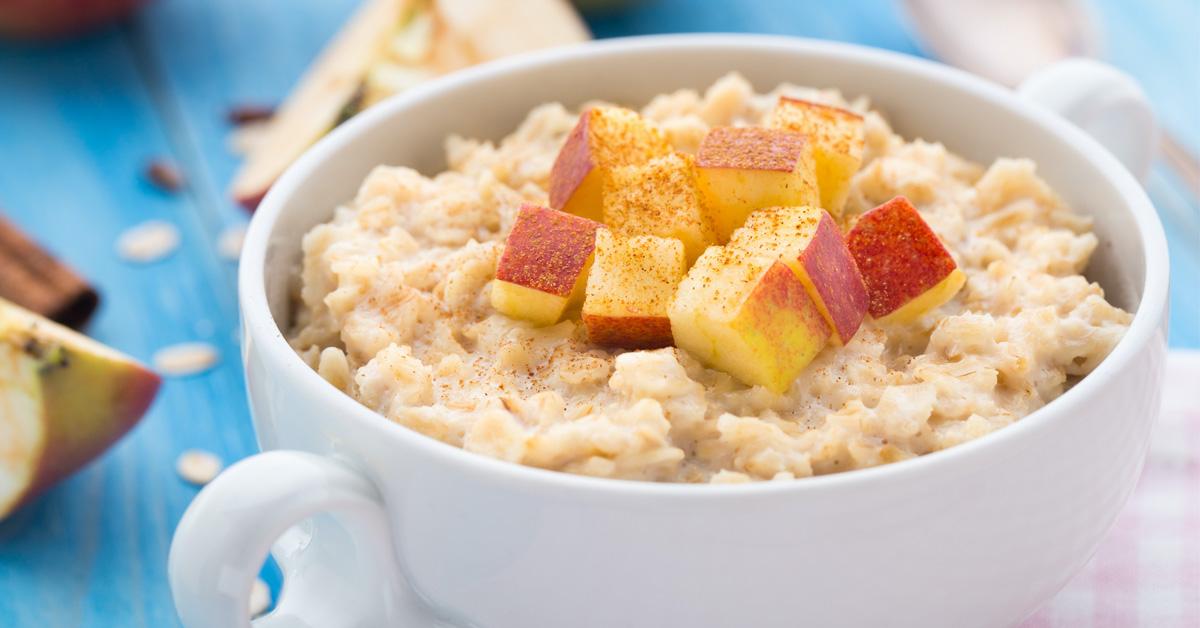
Here's Why Your Oats and Grits Should Be Glyphosate-Free — Plus, 7 Brands You Can Trust
There's a common herbicide called glyphosate hiding in a lot of popular oats and grits on the market, but these brands are free and clear.
The Best Cloth Diapers: 6 Sustainable, Cost-Effective Alternatives to Disposables
These modern takes on the old-school cloth diaper include conveniences like adjustable sizing and better absorbency as well as sustainable materials.
The Best Burp Cloths: 6 Sustainable, Long-lasting Options for Green Parents
These biodegradable, non-toxic, and super-absorbent burp cloths protect you from baby messes while going gentle on delicate skin.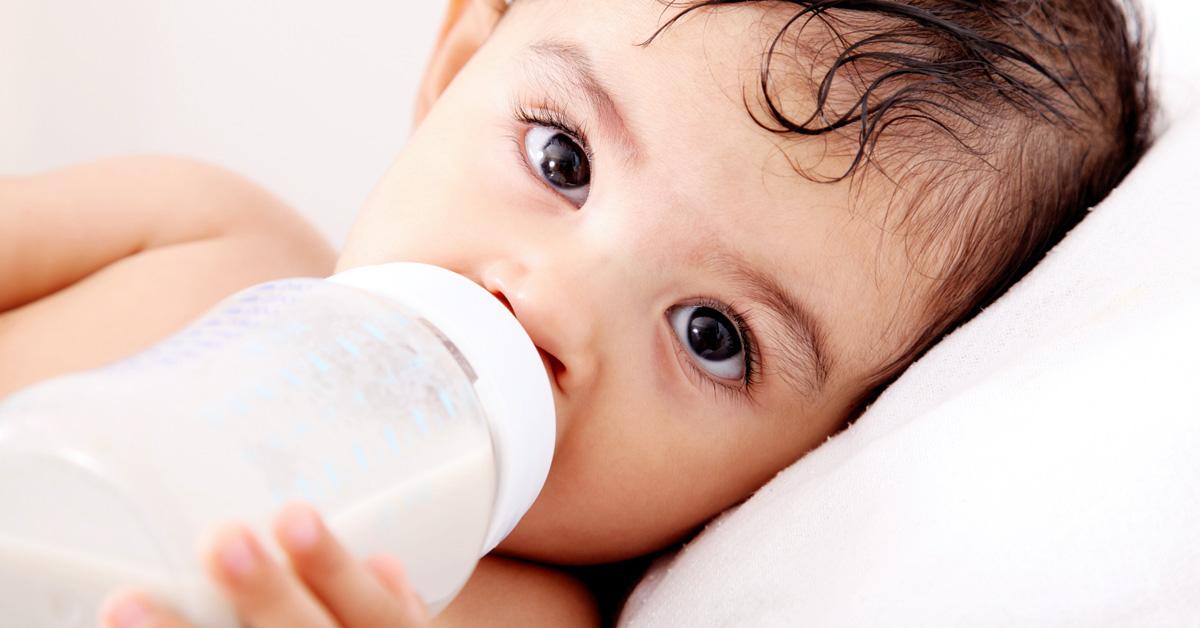
The 7 Best Organic Baby Formula Brands That Abide By the Strictest Standards
These organic formulas, both milk-based and vegan, are free of synthetic chemicals, GMOs, and artificial additives.
Spread the Word: These Are the 6 Best Organic, Natural Peanut Butters
These salted and unsalted natural peanut butters are big on flavor without unhealthy ingredients. Most are USDA-certified organic and plastic-free, too.
Behold the Best Organic Bedding: 5 Luxurious Linen and Cotton Sheet Sets
These sublime sheet sets are all GOTS-certified organic, biodegradable, and free of toxic chemicals so you can sleep soundly at night.
Craving the World's Tastiest Coffee? These 7 Organic Blends Will Have You Hooked
These specialty coffees with complex flavor profiles are made of organically grown, ethically sourced beans. Find your new favorite blend.
Fetching Organic Dog Sweaters to Keep Your Canine Cute and Cozy
Get your runway-ready pup the organic dog sweater she deserves. These button-ups, hoodies, fleeces, and more are made of materials like organic cotton and hemp.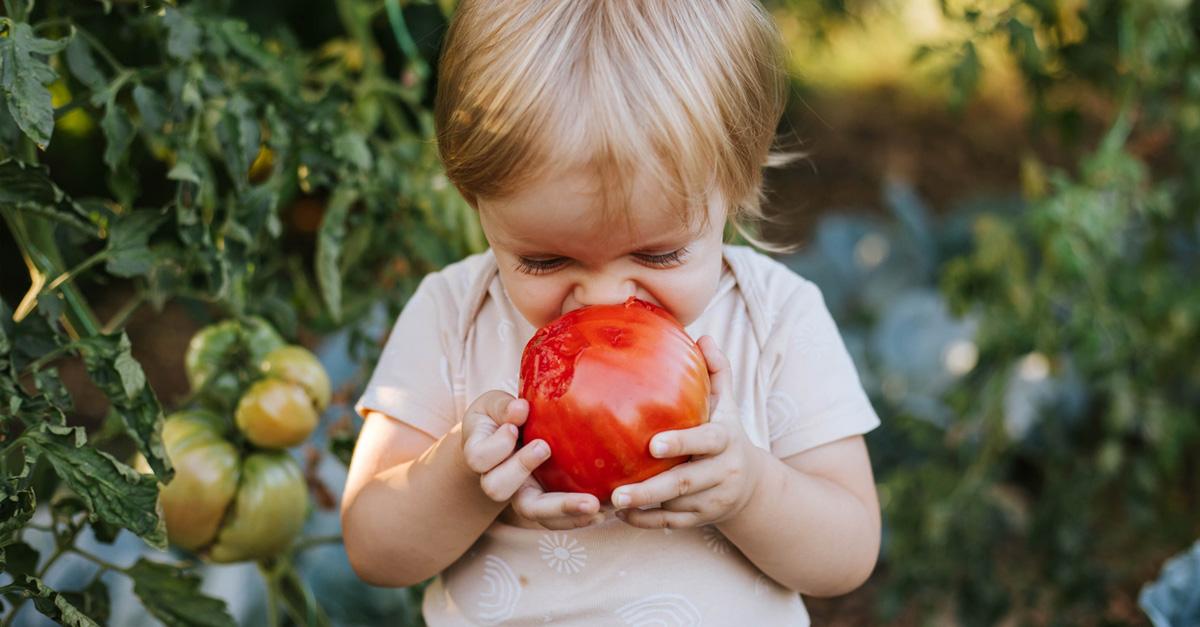
The Best Organic Fertilizers for a Fruitful Garden and the Lushest Lawn
A great organic fertilizer is a crucial factor for getting your garden in gear or reviving a lawn that's become a little lackluster.
The Best Organic Pads for Healthier, More Comfortable Periods (and No More Accidents!)
Looking for the best organic pads on the market? From Lola to the Honey Pot Company, here are our favorite affordable picks.
Rachel Roy's Organic Skincare Line Ancient India Also Gives Back (Exclusive)
Fashion designer Rachel Roy opens up about how a rare autoimmune disease inspired her new luxury organic skincare line, Ancient India, and more.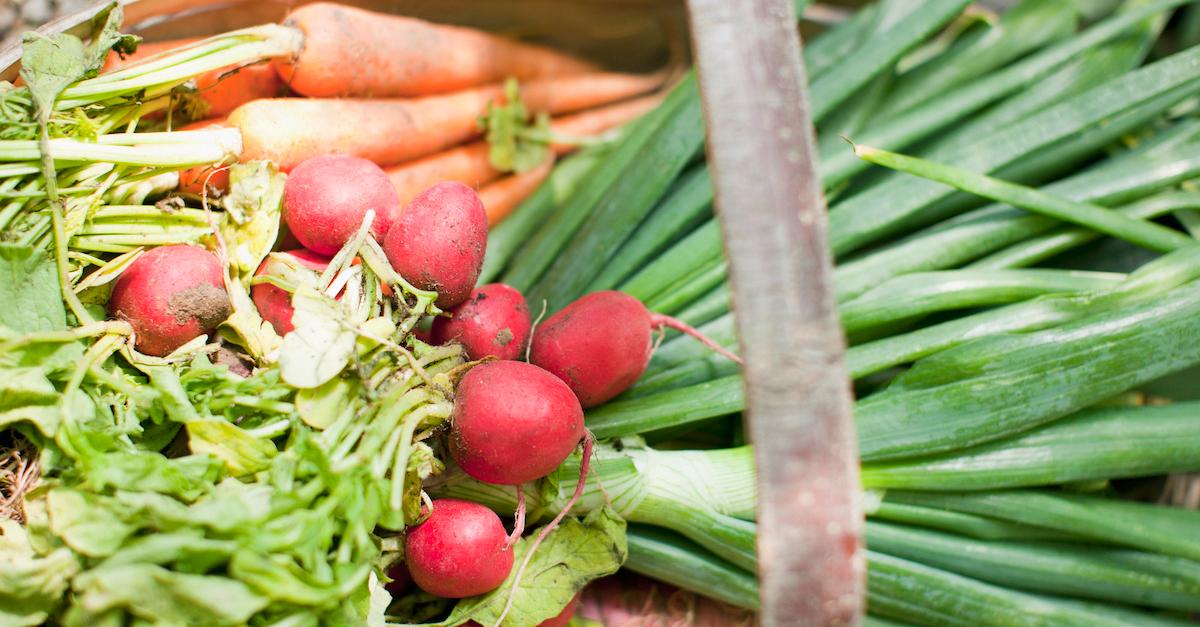
What Is the Difference Between Organic and Non-GMO? Here's What You Should Know
Does organic mean non-GMO? Here's what each term means, and the difference between the two so you can better understand the terms and phrases.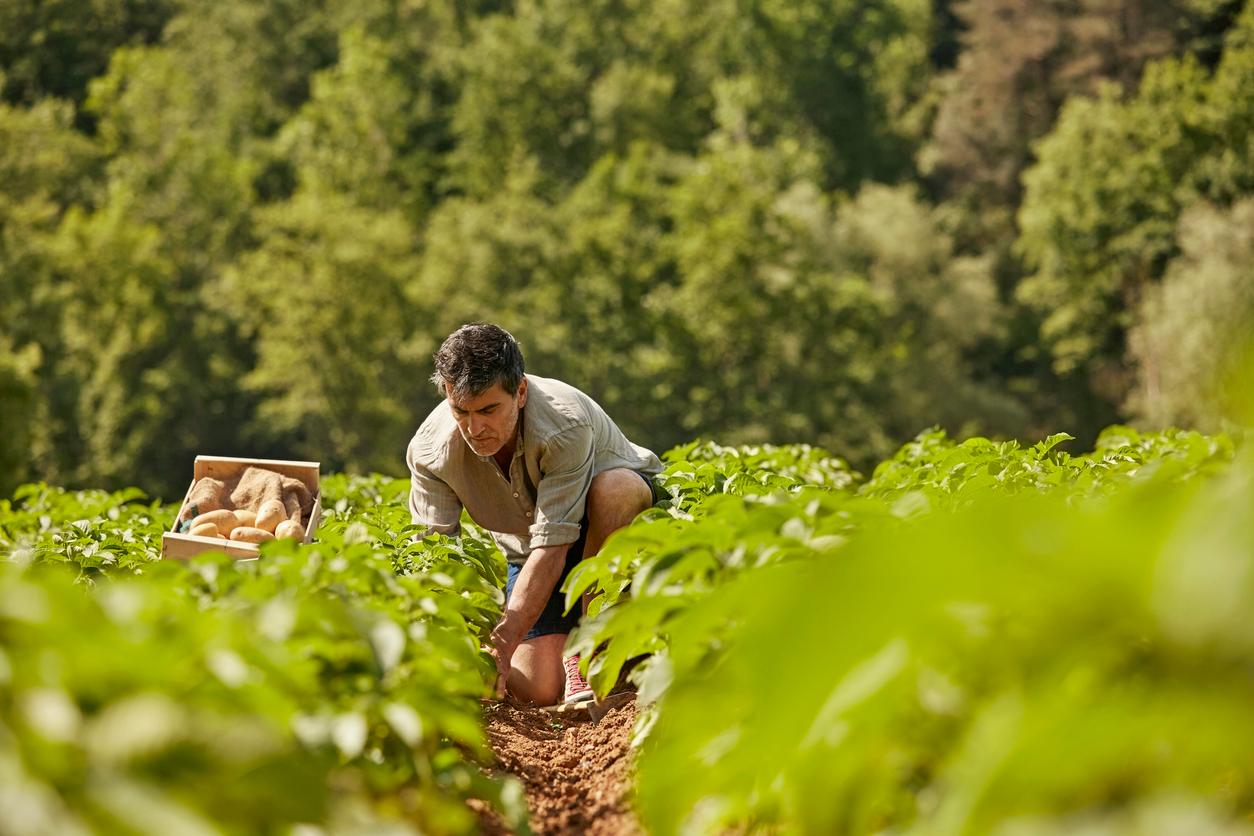
How Is Organic Produce Grown? The Positive Impacts of Organic Farming
Organic foods are grown without the use of chemical fertilizers and pesticides. Instead, they're grown using natural substances and techniques.
The Best Zero-Waste and Organic Baby Food Brands
These natural and organic baby food brands are a great way to pack nutrition and flavor into a small, sometimes sustainable package.
Organic Foods: Are They Really Healthier?
People generally accept that organic foods are good for you, but are they actually healthier for you than the alternative options? Here are our findings.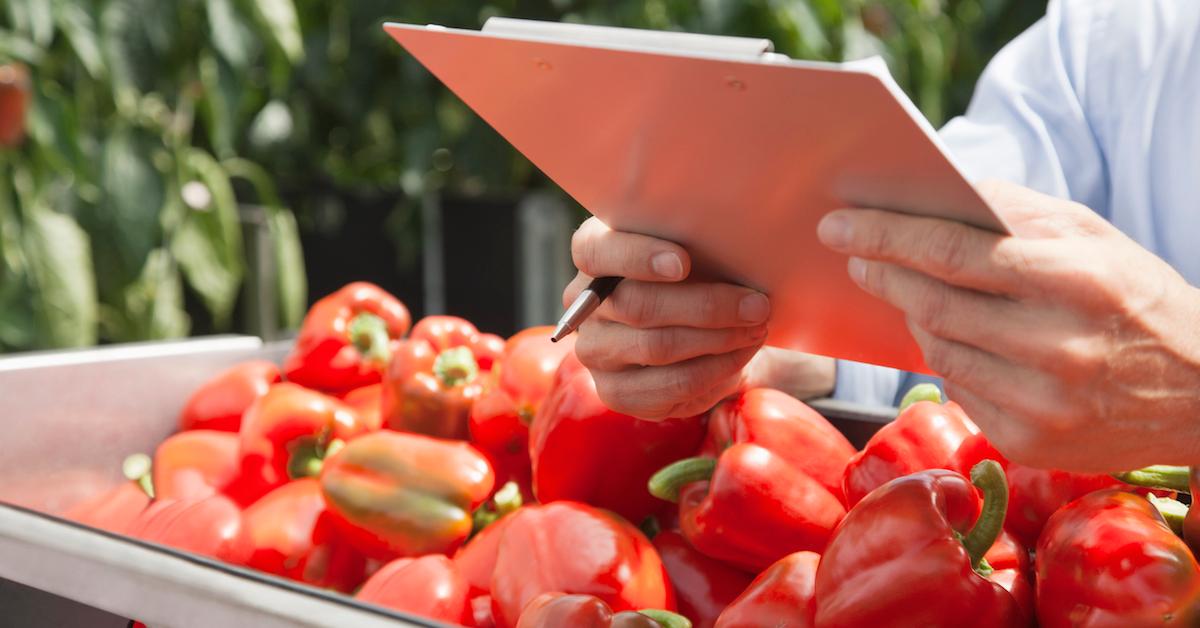
Are Any Vegetables Dangerous?
Vegetables aren’t dangerous on their own — it’s our intervention during the growing process that makes them so.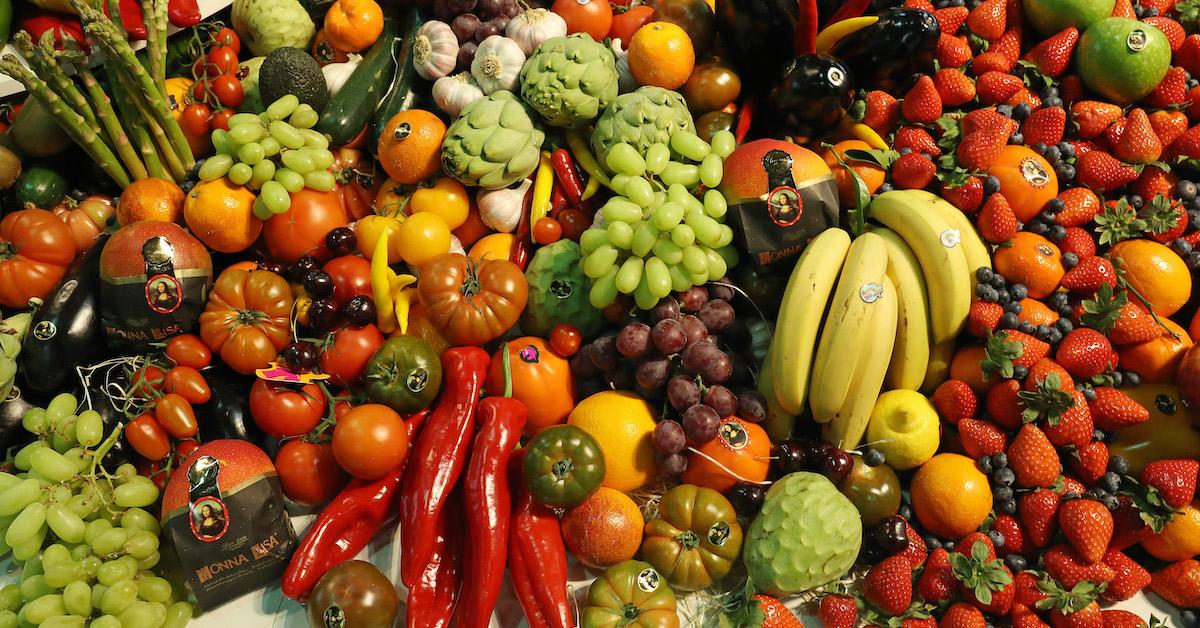
2021’s Dirty Dozen and Clean Fifteen Are Here, With New Pesticide-Laden Veg (Exclusive)
The 2021 Dirty Dozen and Clean Fifteen have been unveiled by the EWG, advising U.S. shoppers on what produce to buy organic.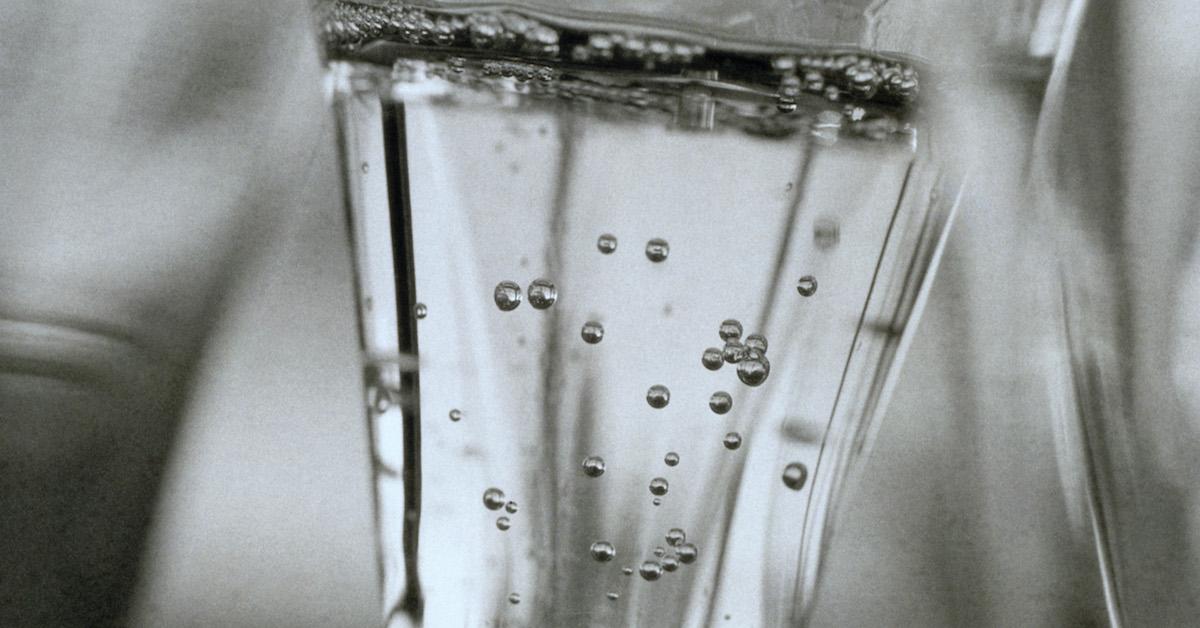
The Best Organic Seltzers, Both Alcoholic and Nonalcoholic
Flavored seltzer has become quite popular in the last decade, but is there such a thing as organic seltzer?
6 of Our Favorite Organic Tampons
Organic tampons can lower the environmental impact of your menstrual cycle — and they're much better for you and the planet.
Organic Coffee — Benefits, Where to Buy It, and the Best Brands
Is organic coffee better than non-organic? There are certain benefits to drinking an organic cup of java — here's which brands you should buy.
Organic Protein Powder vs. Non-Organic — Which Should You Opt For?
Is organic protein powder better than non-organic protein powder? Here's the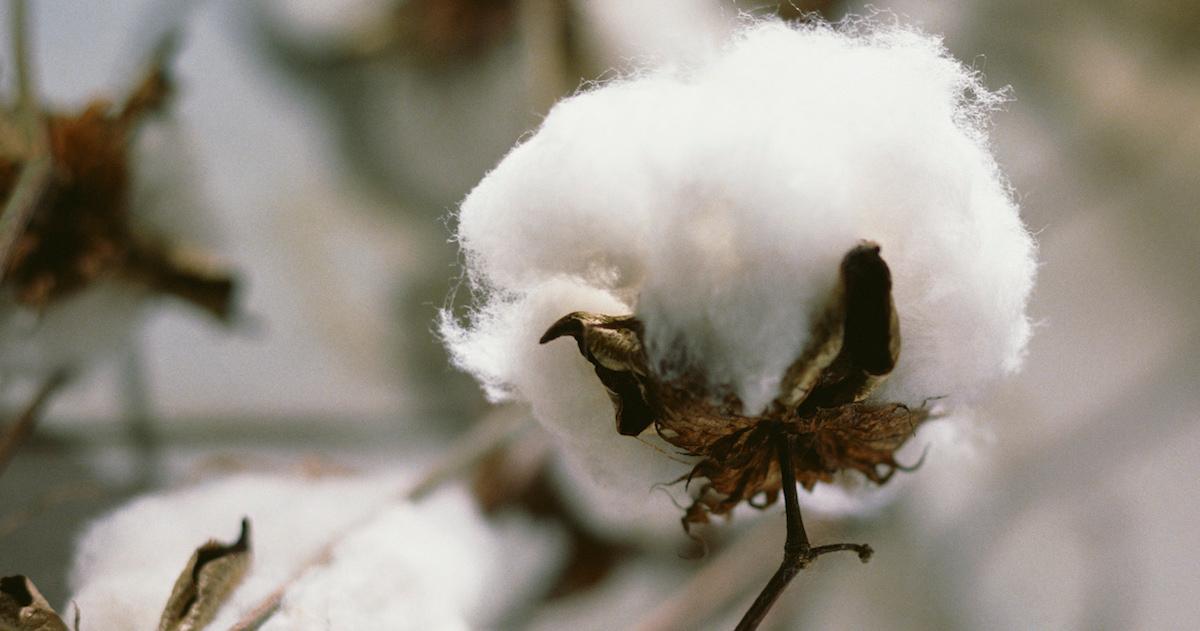
What Makes Cotton Organic?
Organic cotton is a highly sought-after fabric these days but what makes organic cotton so special and what makes it organic in the first place?
You Should Be Using Natural Deodorant — Here's Why
Despite the baseless accusations that natural deodorants are ineffective, there are some very compelling reasons for using them.
How to Get Oil Stains Out — Naturally
Though some believe that only the harshest detergents and chemicals are up to the job of lifting oil stains, there are actually quite a few natural methods to alleviate these problematic stains.
Here's How Sulfates Affect Your Health
Sulfates are chemical cleansing agents found in both household cleaners and shampoo, but how do they affect our health?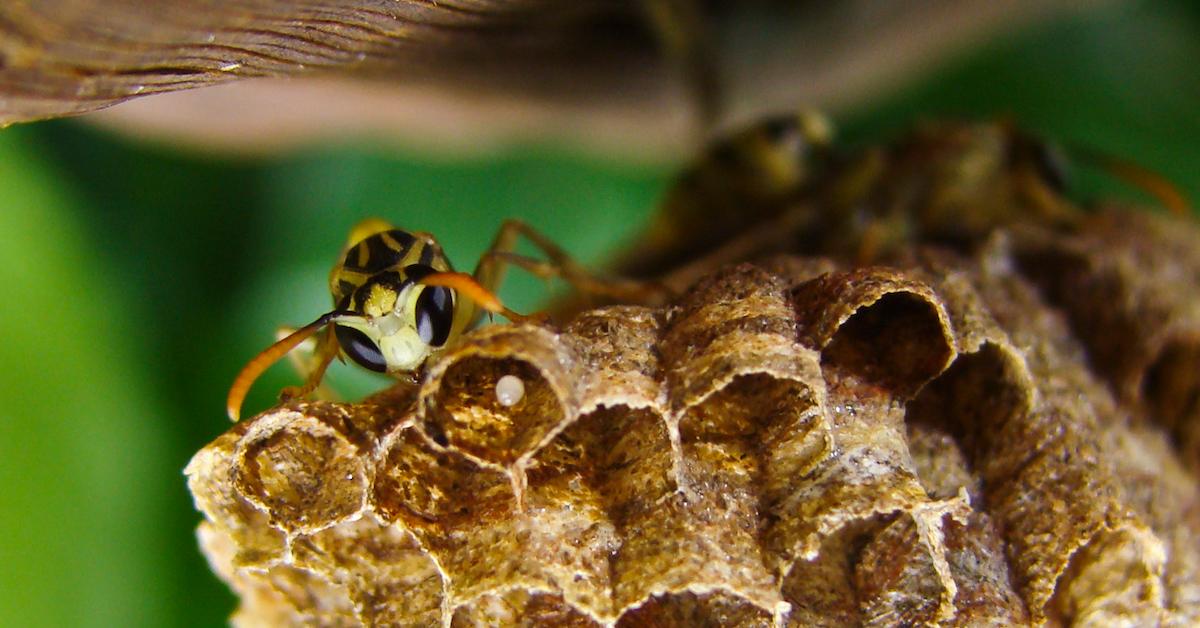
How to Get Rid of Wasps — Naturally
Wasps may be common nuisances in some parts of the country, but getting rid of them is still is sometimes a necessity — and it’s not always easy.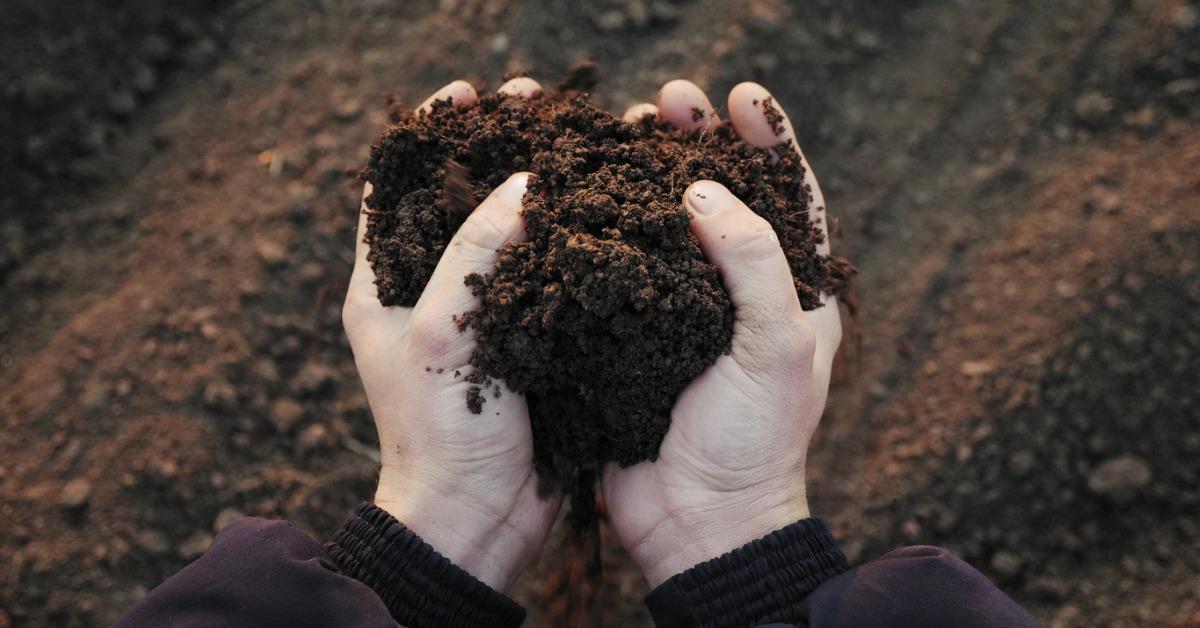
How to Prepare Soil for Gardening
Soil is a key piece of the gardening puzzle, but knowing how to prepare soil for gardening is more complex than simply digging up a patch of dirt and putting it in a flower pot.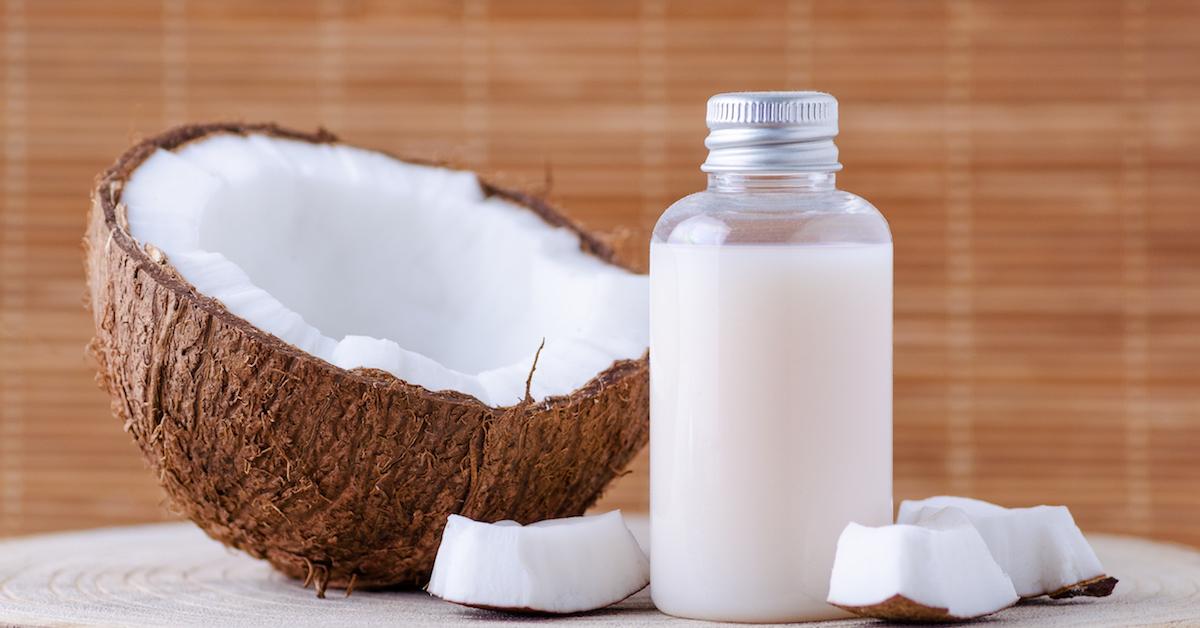
Exploring the Many Health Benefits of Coconut Oil: Hair, Body, and More
Coconut oil has been marketed far and wide as a superfood but the health benefits of coconut oil don’t just lie in its consumption.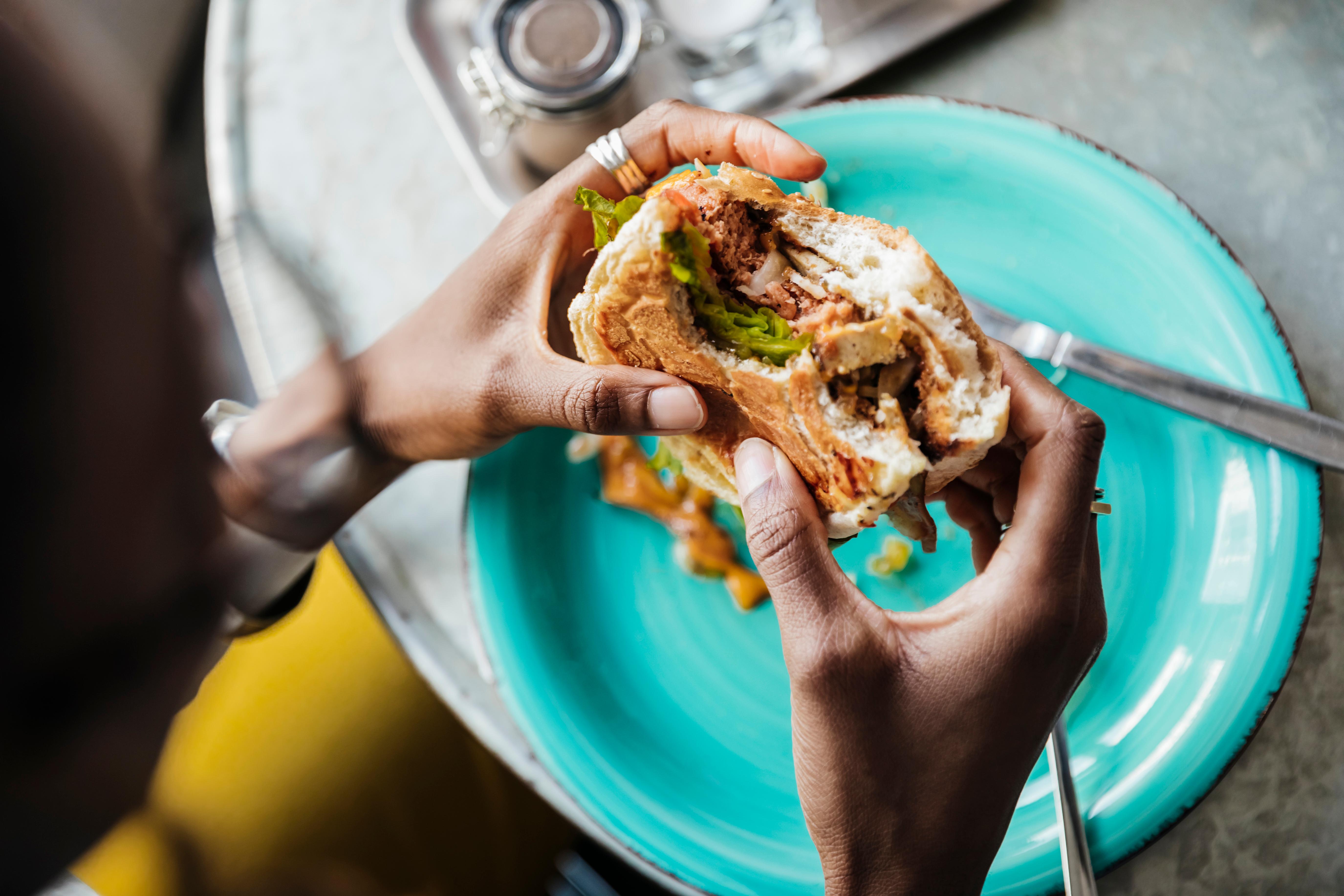
Is Plant-Based Meat Healthier For You Than Real Meat? Here's the Scoop
A plant-based lifestyle may ultimately be healthier, but does that mean plant-based meat itself is healthier than beef alternatives?
Is Gum Made of Plastic? Check Out These Eco-Friendly Alternatives
Chewing gum has never really been considered a food, per se, but does it contain plastic like many people believe?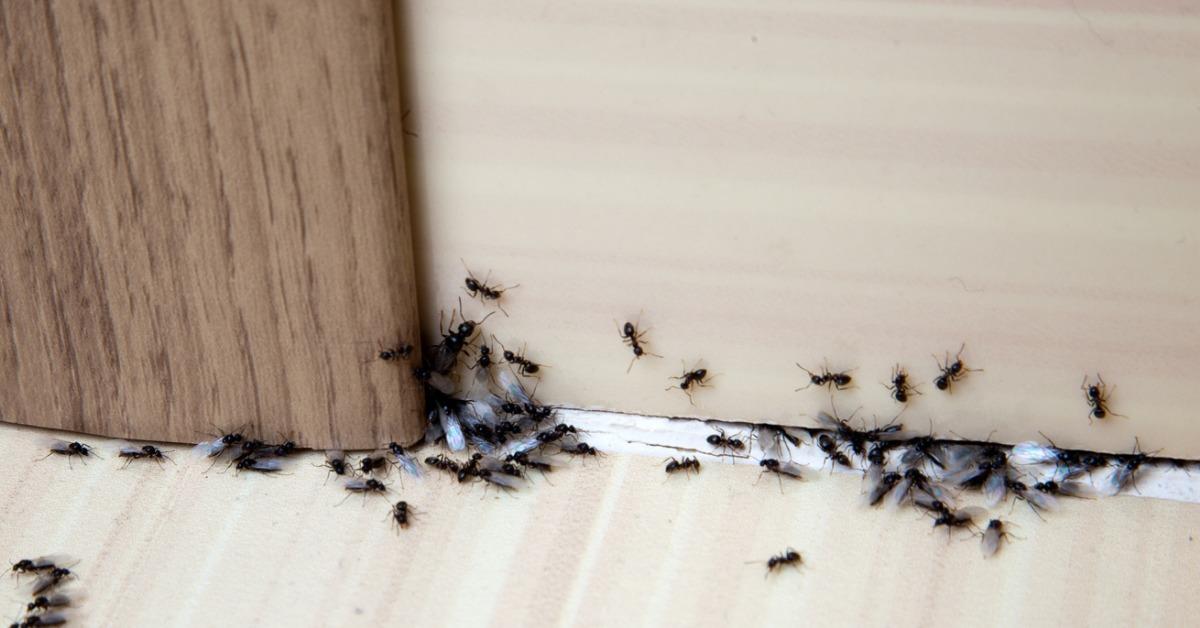
These DIY Ant Repellents Will Help Rid Your House of Pests
Ants are a common and surprisingly persistent household problem but are there ways to get rid of ants without resorting to dangerous chemicals?
5 of the Best Eco-Friendly Dog Toys
Selecting the right toys for our dogs is no easy task, especially when we’re trying to weed through all the potentially-toxic toys to find the best eco-friendly dog toys.
The Best Nontoxic, Organic Pillows on the Market
There are thousands of different pillows on the market to choose from, but if you’re environmentally or health-conscious, how do you know which ones are nontoxic?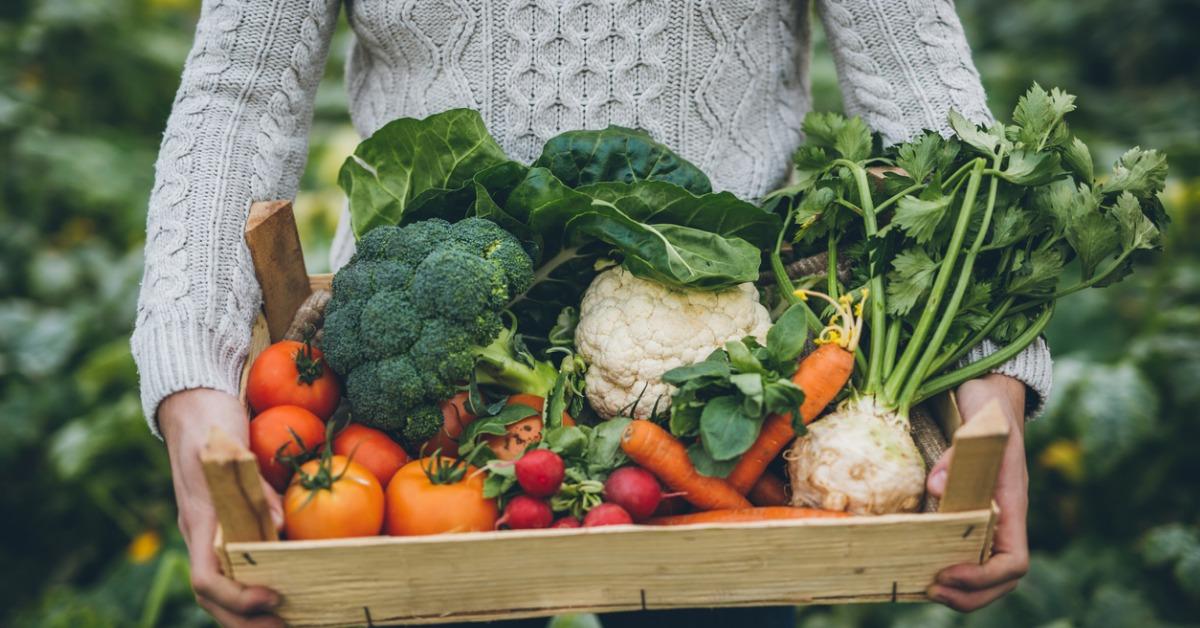
What Does Organic Biologique Mean?
The phrase organic biologique has been cropping up on food labels in supermarkets for some time now, but what does this semi-familiar term really mean?
How to Pick a Good Watermelon – What to Look For
Still don’t know how to pick a good, ripe watermelon? Here’s what to look for!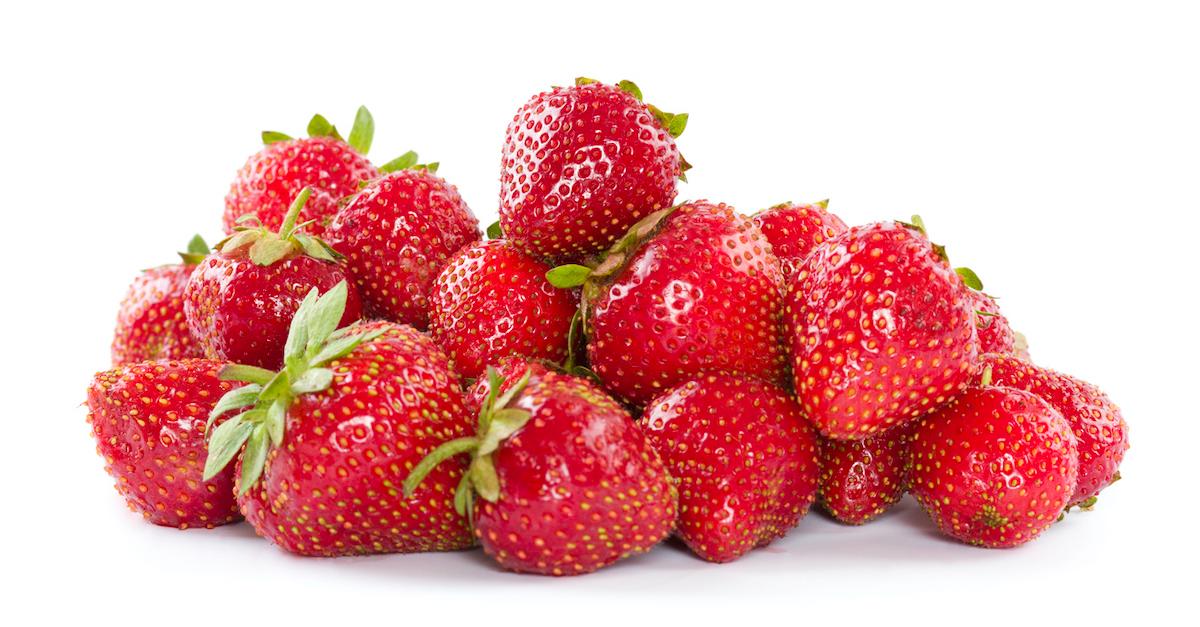
Here's Why People Are Washing Their Strawberries in Saltwater
Should we be washing our strawberries in saltwater before eating them? A recent viral TikTok video shows why people have decided to start doing it.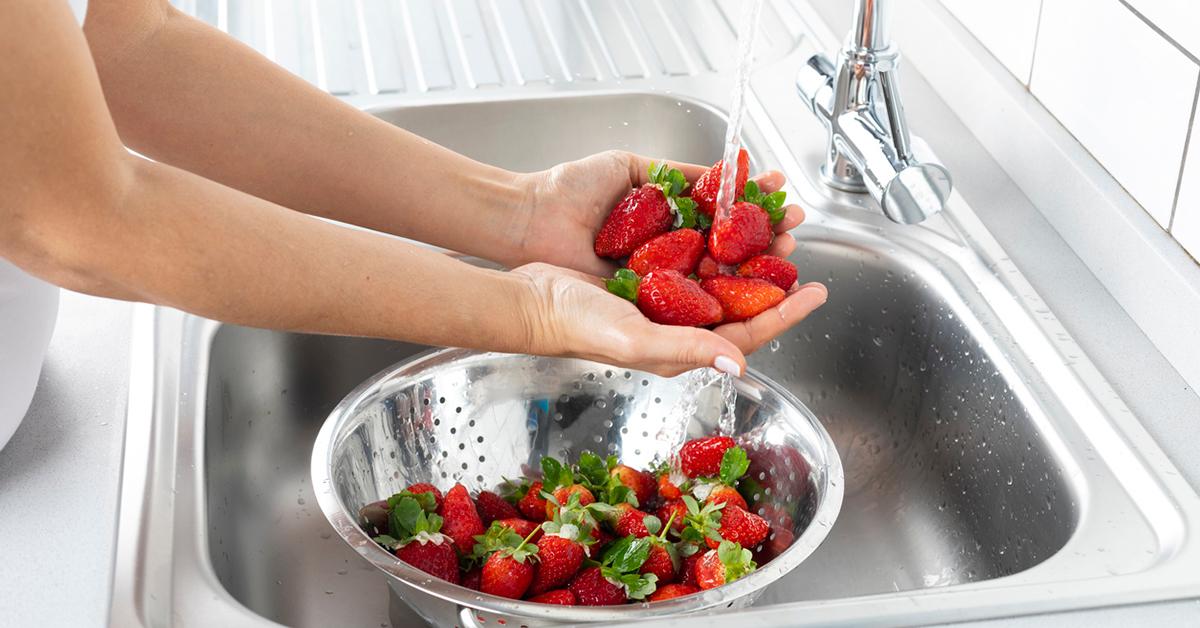
How to (Properly) Wash Strawberries
Learn how to wash strawberries — the right way.
Your Questions About Organic Baby Food, Answered
Have questions about organic baby food? Hopefully this will answer those questions.
Why Does Organic Milk Last So Long?
Organic milk lasts so much longer than conventional milk — here’s why.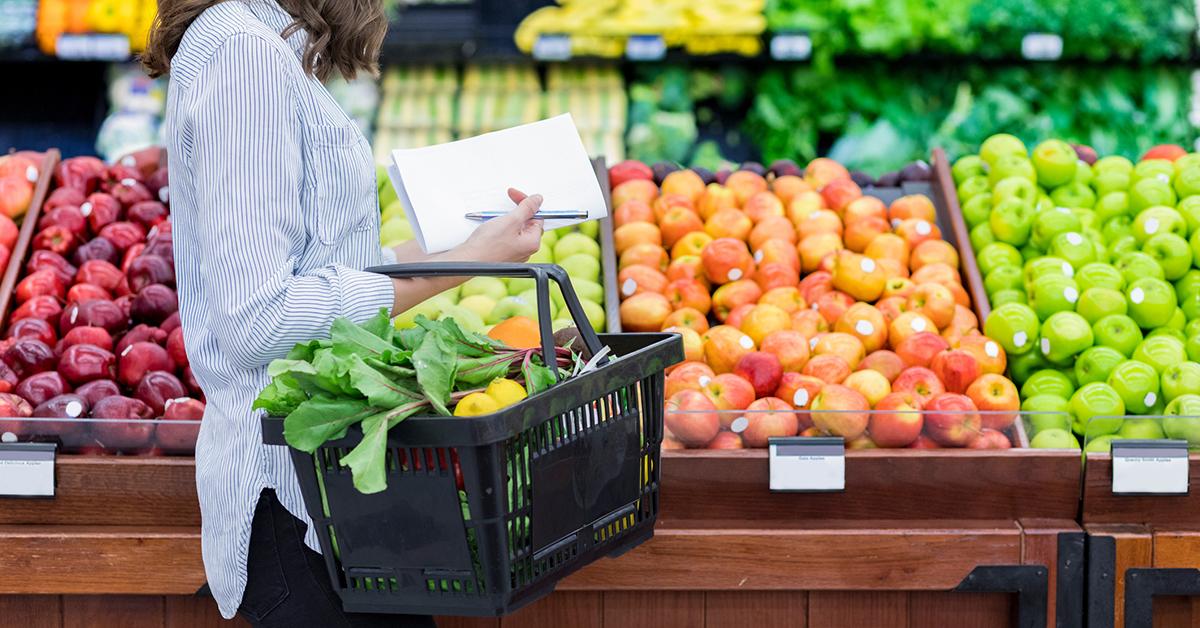
Does Organic Mean All-Natural? Not Exactly — Here's the Difference Between the Labels
You know to buy organic — but does that mean what you’re getting is also “all-natural”? Get the breakdown.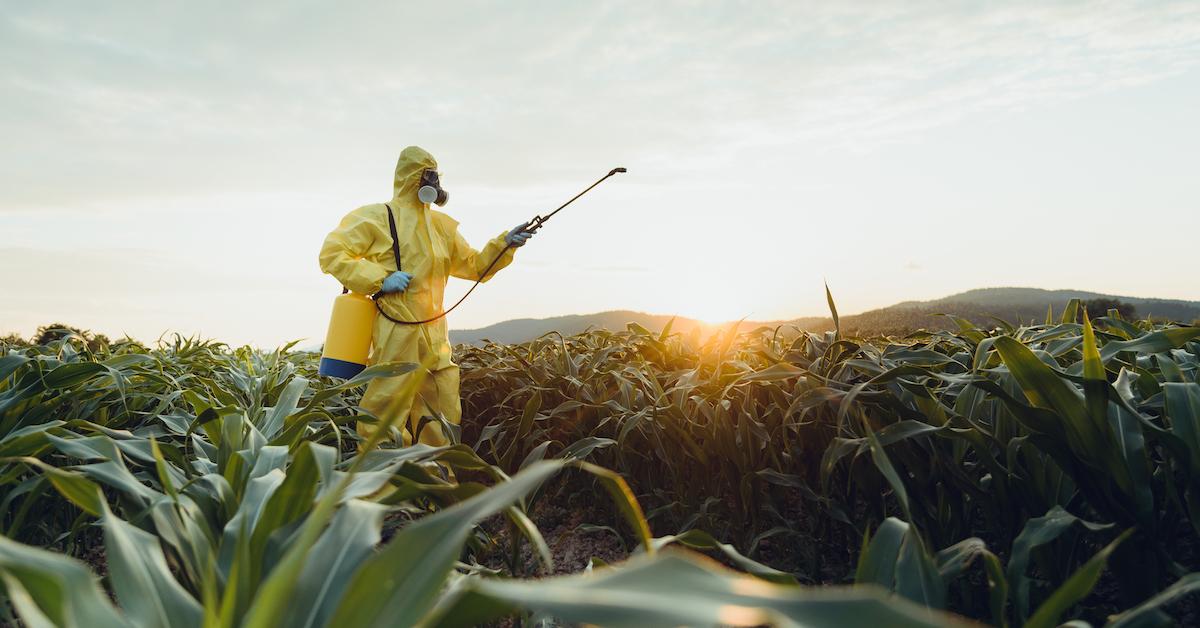
Pros and Cons of GMOs: Is Eating GMOs Bad For You?
Here's everything you need to know about how GMOs affect the environment and our health.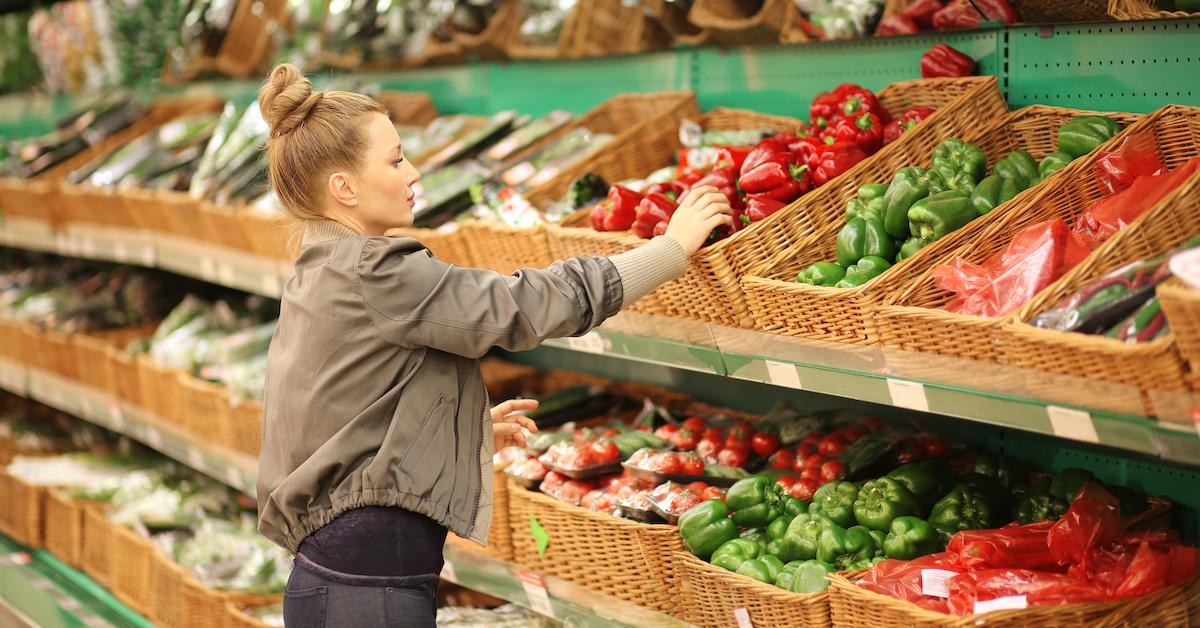
Why Is Organic Food More Expensive Than Conventional Food?
Organic food is growing in popularity, but still so much more expensive than conventional food — here's a look at why that is.
Why Is Locally Grown Food Better for the Environment?
You know that eating local is better for the environment — but do you know why that is?
How to Sustainably Shop at the Farmers Market: 7 of Our Best Tips
The farmers market is a great place to support your town’s economy, reduce waste, lower your carbon footprint, and even save money.